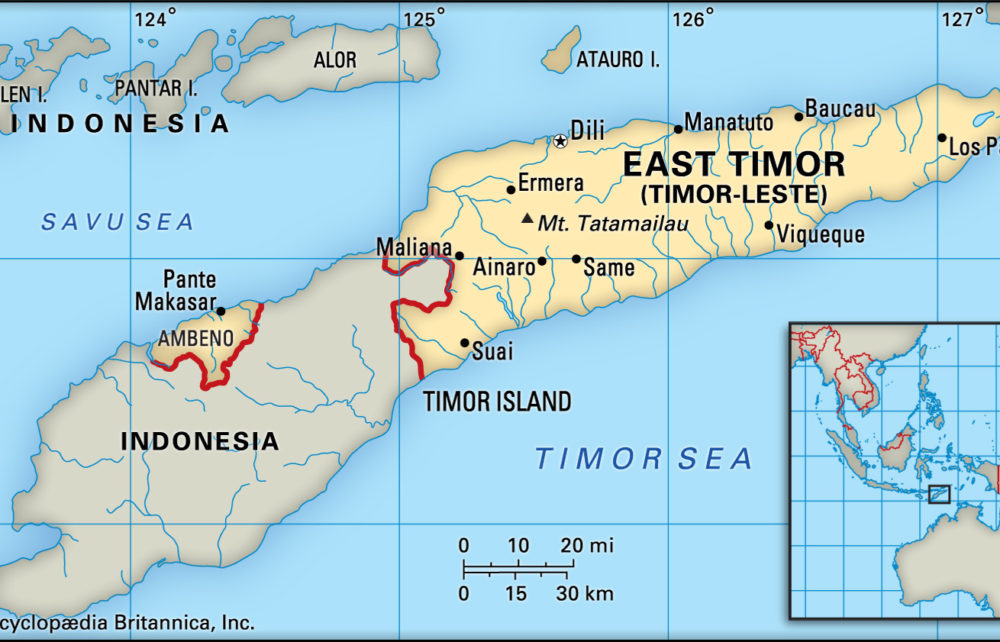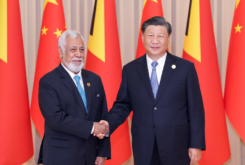Public investment in infrastructure will “surge” until 2022 in Timor-Leste, as the Government tries to stimulate the economy for a post-pandemic recovery, according to the Economist Intelligence Unit (EIU).
In its most recent report on Timor, the EIU predicts that “following the passage of the 2021 budget”, public investment “in roads, airport development, power projects, bridges and other infrastructure will surge in 2021” and that “an even greater splurge is planned for 2022”.
“The government continues to rely on drawdowns on the Petroleum Fund (a vehicle for investment of petroleum wealth) to finance the lion’s share of public spending. There is little sign of a plan to tap this fund in a strategic manner”, the EIU adds.
Due to a methodological change made by the national statistics office in GDP calculation, the Timorese economy is likely to have outperformed its regional neighbours by a wide margin in 2020.
Incorporating “exceptionally high oil and gas output” in January-December 2020, the EIU now estimates that real GDP is likely to have surged by 25% last year, while its previous projection was of a contraction of 6%.
Real GDP growth is forecast to stabilise at 2.5% in 2021, with the pandemic still taking a toll on the economy.
“As the global coronavirus crisis is far from over, we expect yet another extension of the state of emergency to protect the country against the virus while a global vaccine rollout is being planned”, the EIU adds.
The current account will be supported by continued oil and gas exports and, it adds, “there is little sign of development of sectors such as tourism and agriculture that would help to diversify the economy away from the energy sector”.
Regarding the future of oil and gas output in the Timor Sea, the EIU says, “there is as yet little clarity”, with a planned drilling campaign that could extend the life of existing fields, while the government will seek to bring the Greater Sunrise field into production in 2021-22.
Politically, it is expected that the government led by the prime minister, Taur Matan Ruak, retains strong parliamentary support in 2021-22.



